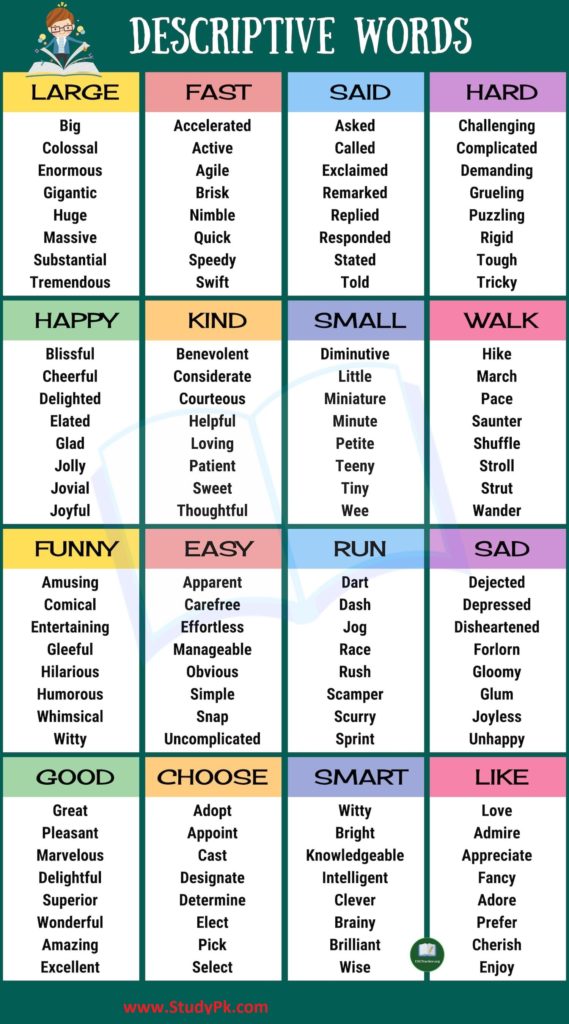REALLY: An adverb, which means that it's used to describe adjectives, verbs, or other adverbs. VERY: An adverb, but with one hitch - it cannot modify verbs. Example: I really like it. (correct) I very like it. Definition of REALLY (adverb, interjection): very; used for emphasis; completely; used for saying what is true; used for showing surprise.
Really is an adverb, and it modifies other adverbs, verbs, or adjectives. It has a meaning of 'very.' Incorrect: Students did real well on the midterm. Correct: Students did really well on the midterm. Real is an adjective, and can be used to modify nouns.
Do you know how to use adjectives in phrases like a bit cold, really cold and absolutely freezing?

Look at these examples to see how gradable and non-gradable adjectives are used.
It's really cold.
It's absolutely freezing.
This exercise is really difficult.
This exercise is completely impossible.
Try this exercise to test your grammar.

- Grammar test 1
Grammar explanation
Gradable adjectives
Most adjectives are gradable. This means we can have different levels of that quality. For example, you can be a bit cold, very cold or extremely cold. We can make them weaker or stronger with modifiers:

She was quite angry when she found out.
The film we saw last night was really funny!
It can be extremely cold in Russia in the winter.
Here is a list of some common gradable adjectives and some modifiers that we can use with them.
| Modifiers | a little/a bit → | pretty/quite → | really/very → | extremely |
| Adjectives | angry, big, boring, cheap, cold, expensive, frightening, funny, hot, interesting, old, pretty, small, tasty, tired, etc. | |||
Really Good Adjectives To Describe Someone
Non-gradable: absolute adjectives
Some adjectives are non-gradable. For example, something can't be a bit finished or very finished. You can't be a bit dead or very dead. These adjectives describe absolute qualities. To make them stronger we have to use modifiers like absolutely, totally or completely:
Thank you, I love it! It's absolutely perfect!
Their farm was totally destroyed by a tornado.
My work is completely finished. Now I can relax.
Here is a list of some common absolute adjectives and some modifiers that we can use with them.
| Modifiers | absolutely/totally/completely |
| Adjectives | acceptable, dead, destroyed, finished, free, impossible, necessary, perfect, ruined, unacceptable, etc. |
Non-gradable: extreme adjectives

Adjectives like amazing, awful and boiling are also non-gradable. They already contain the idea of 'very' in their definitions. If we want to make extreme adjectives stronger, we have to use absolutely or really:
Did you see the final match? It was absolutely amazing!
After 32 hours of travelling, they were absolutely exhausted.
My trip home was really awful. First, traffic was really bad, then the car broke down and we had to walk home in the rain.
Here is a list of some common extreme adjectives and some modifiers that we can use with them.
| Modifiers | absolutely/really |
| Adjectives | amazing, ancient, awful, boiling, delicious, enormous, excellent, exhausted, fascinating, freezing, gorgeous, terrible, terrifying, tiny, etc. |
Really Adjective Synonym
Do this exercise to test your grammar again.

- Grammar test 2
Language level
Neutral Adjectives List
- Log in or register to post comments
